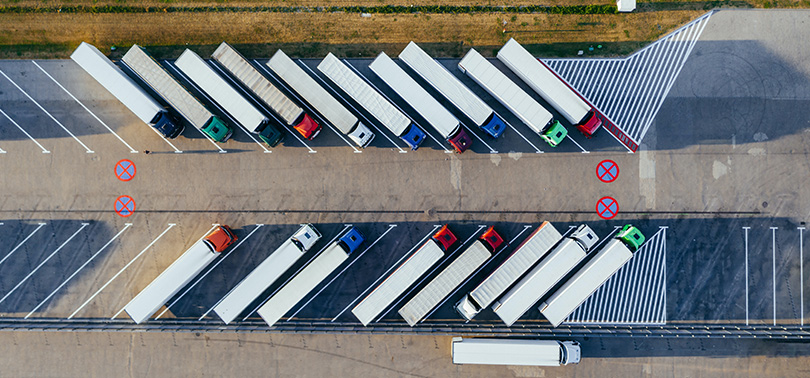Supply chain management is one of the businesses that has been completely transformed by the quick development of blockchain technology and AI. In order to preserve operational resilience, businesses must manage the new and complicated risks that modern technologies bring, despite their many advantages.
Key Supply Chain Risks Emerging from AI and Blockchain
AI-Related Risks
- Algorithmic Bias: AI algorithms are trained on historical data, which may contain biases that can lead to unfair or discriminatory decisions. This can impact supplier selection, demand forecasting, and inventory management.
- Cybersecurity Risks: Cyberattacks are increasingly aimed at AI-powered systems. Supply chain processes can be compromised by malicious actors taking advantage of flaws in AI models, which can result in data breaches, interruptions, and monetary losses.
- Job displacement: AI-powered solutions and automation may result in workforce disruptions and job losses, which could have an impact on employee morale and supply chain operations.
Risks Associated with Blockchain
- Technical Complexity: Implementing and maintaining blockchain technology calls for specific knowledge and skills. Its implementation may be hampered by technical issues like scalability and interoperability, which can pose operational hazards.
- Risks to Cybersecurity: Blockchain networks are susceptible to virus, phishing, and hacking attempts. Successful assaults have the potential to interfere with operations and jeopardize the integrity of supply chain data.
- Regulatory Uncertainty: The laws governing blockchain technology are still being developed. Organizations working in this sector may face legal and compliance concerns due to unclear legislation.
Reducing Supply Chain Hazards in the Age of AI and Blockchain
- Strong Cybersecurity Measures: Patch flaws in hardware and software by updating them frequently.
- Put user authentication and strict access controls into place.
- Perform routine penetration tests and security audits.
- Use cutting-edge cybersecurity tools, such as threat detection and response systems driven by AI.
Ethical AI Development
- Train AI models using representative and varied datasets
- Check AI algorithms for bias on a regular basis
- Establish moral standards and tenets for the creation and application of AI
Best Practices for Blockchain Security
- Select a trustworthy and safe blockchain platform
- Put in place strong key management procedures and access controls
- Keep an eye out for any unusual activity on the blockchain network
- Keep up with the most recent vulnerabilities and dangers in cybersecurity
Risk Management and Assessment
- To identify and rank possible hazards, perform routine risk assessments
- Create thorough plans for risk minimization
- Create incident response protocols to lessen the effects of disruptions and cyberattacks
Cooperation and Exchange of Information
- Work together to exchange knowledge and best practices with clients, vendors, and business associates
- Engage in standards organizations and industry forums
- Keep abreast with the most recent advancements and trends in blockchain and AI


